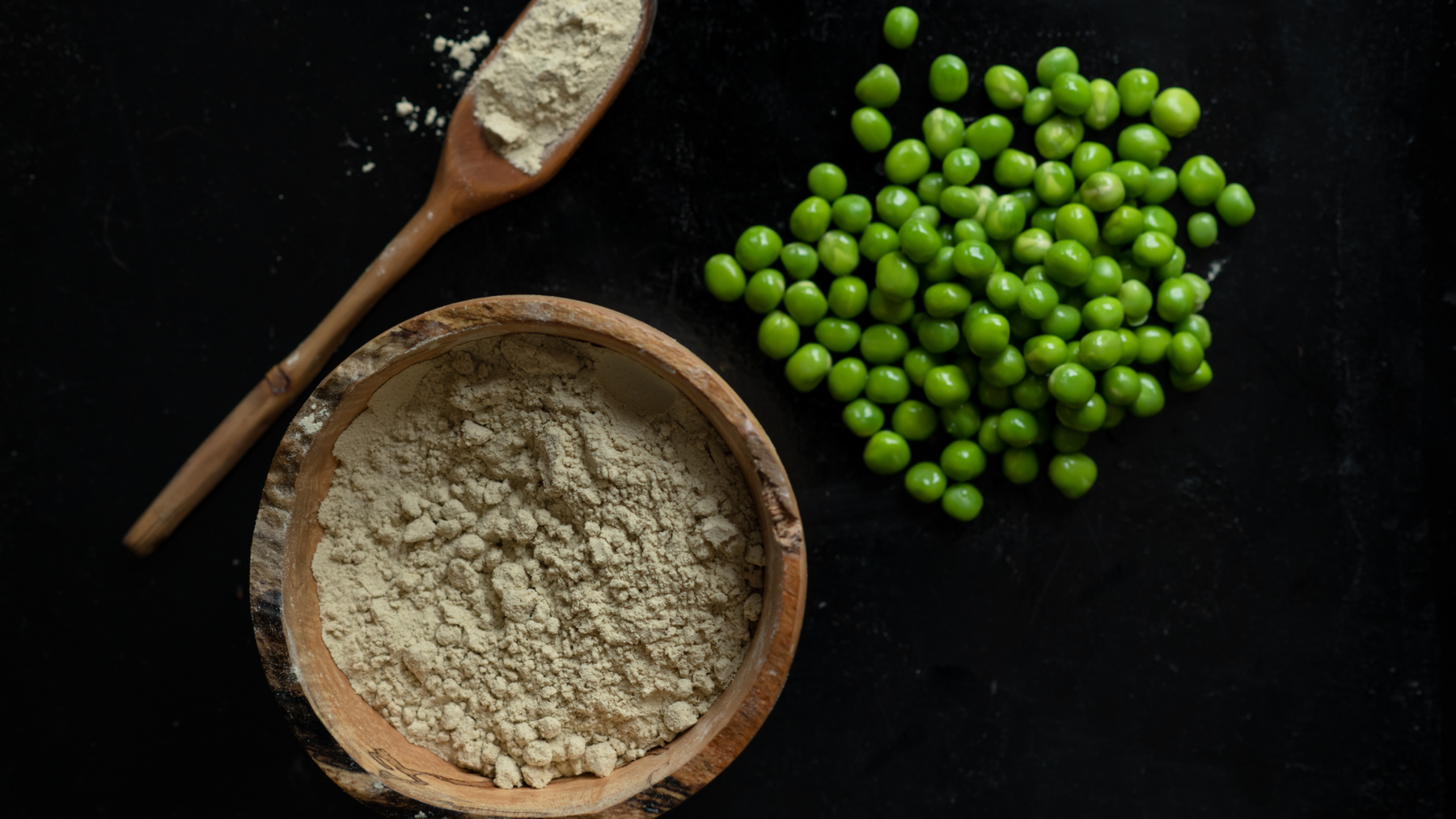
Why Vegan Protein is a Game-Changer for Recovery
Recovery after physical activity is essential for athletes, fitness enthusiasts, and anyone pursuing a healthy lifestyle. A cornerstone of this process is adequate protein intake, and increasingly, vegan protein is taking centre stage as a sustainable and effective solution. This article explores why vegan protein is a game-changer for recovery and provides a roadmap for incorporating it into your routine.
Introduction to Vegan Protein
Vegan protein refers to protein sources derived solely from plants. Unlike animal-based proteins, these sources are cruelty-free, environmentally sustainable, and offer diverse nutritional benefits. Whether derived from legumes, seeds, or grains, vegan proteins have proven effective in promoting post-workout recovery.
But why is recovery so crucial? After any form of exercise, your muscles undergo microscopic tears. Protein aids in repairing these tears, helping your body grow stronger and more resilient.
The Science Behind Recovery
Recovery hinges on two major principles: muscle repair and nutrient replenishment. Proteins serve as the building blocks for muscle tissues. After a workout, your muscles crave nutrients to rebuild and grow. Nutrient timing is equally important—consuming protein within the "anabolic window" (30–60 minutes post-workout) can significantly enhance recovery outcomes.
Vegan Protein vs. Animal Protein
One of the most debated topics is whether vegan protein is as effective as animal protein. Studies reveal that vegan proteins, when consumed in adequate amounts and combinations, offer comparable benefits. Additionally, vegan options are free from cholesterol and lower in saturated fats.
From an environmental standpoint, vegan protein boasts a smaller carbon footprint and requires fewer resources to produce, making it an ethical choice for the eco-conscious.
Key Benefits of Vegan Protein for Recovery
Vegan protein offers unique advantages for recovery, including:
- Anti-Inflammatory Properties: Many plant-based foods, such as legumes and seeds, are rich in antioxidants that reduce inflammation, speeding up muscle recovery.
- Easy Digestibility: Vegan proteins are less taxing on the digestive system, minimising discomfort after strenuous activity.
- Balanced Amino Acid Profile: Though some plant proteins may lack certain amino acids, proper combinations (e.g., rice and beans) can deliver a complete profile.
Top Vegan Protein Sources
Finding effective vegan protein sources is easier than ever. Some popular options include:
- Legumes: Lentils, chickpeas, and black beans are versatile and protein-packed.
- Seeds: Chia, hemp, and flaxseeds not only provide protein but also healthy omega-3 fatty acids.
- Plant-Based Powders: Pea, rice, and soy protein powders are convenient, high-quality supplements.
Amino Acid Profiles of Vegan Proteins
To maximise recovery, understanding amino acid profiles is key. Amino acids like leucine, isoleucine, and valine (branched-chain amino acids) are particularly vital. While individual plant proteins might lack one or two essential amino acids, combining sources like grains and legumes ensures a complete protein profile.
Common Misconceptions About Vegan Protein
Some critics argue that vegan proteins are insufficient for muscle building. However, research debunks this myth, showing that athletes on plant-based diets experience similar muscle growth and strength gains compared to their omnivorous peers.
How Vegan Protein Enhances Recovery Performance
Athletes have reported remarkable improvements in recovery when using vegan protein, such as:
- Enhanced endurance due to superior nutrient absorption.
- Faster repair of muscle tissues, thanks to anti-inflammatory properties.
- Reduced post-exercise fatigue, enabling quicker returns to training.
Role of Micronutrients in Recovery
Recovery isn't just about protein—micronutrients play a vital role too. For example:
- Iron: Improves oxygen transport to muscles.
- Magnesium: Alleviates muscle cramps.
- Vitamin B12: Supports energy production.
Debunking Protein Quality Myths
The Protein Digestibility Corrected Amino Acid Score (PDCAAS) measures protein quality. Many plant-based proteins score high, demonstrating their effectiveness for recovery.
Choosing the Right Vegan Protein Supplement
When selecting a vegan protein powder, opt for:
- Minimal processing.
- Organic and non-GMO certifications.
- Clean ingredient lists without artificial additives.
FAQs About Vegan Protein and Recovery
-
Is Vegan Protein Effective for Muscle Growth?
Yes, it provides the necessary amino acids for muscle synthesis. -
How Much Protein Do You Need Post-Workout?
Aim for 20–30 grams of protein within 60 minutes post-exercise. -
Can Vegan Protein Support Endurance Training?
Absolutely, it helps maintain energy levels and speeds up recovery. -
What Are the Best Vegan Protein Combinations?
Pair rice and beans, or quinoa and chickpeas, for a complete profile. -
Is Vegan Protein Powder Safe?
Yes, as long as it’s sourced from reputable brands. -
Do Vegan Athletes Need Supplements?
While whole foods are ideal, supplements can fill nutritional gaps.
Vegan protein has emerged as a powerful tool for recovery, benefiting not only athletes but anyone leading an active lifestyle. Its ability to reduce inflammation, support muscle repair, and align with ethical and environmental values makes it an unbeatable choice. Incorporate vegan protein into your recovery routine today and experience the difference first hand.
Shop our best selling vegan protein
Did you know? We also sell a wide range of vegan friendly supplements.

